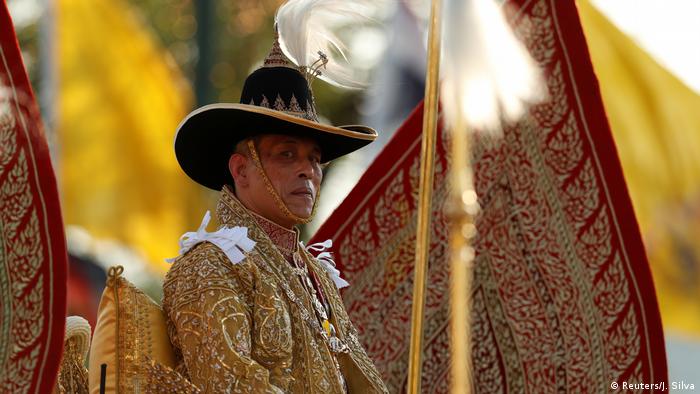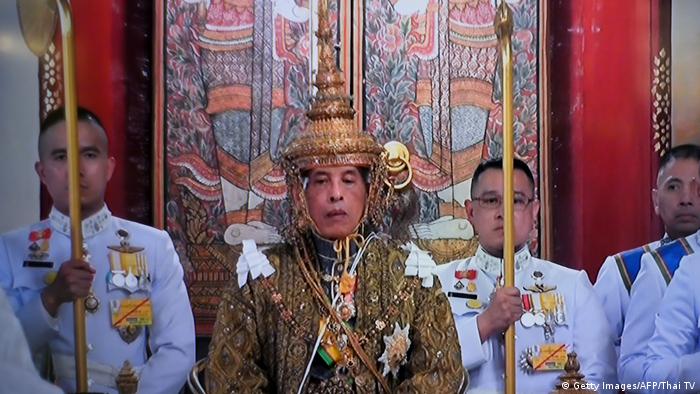Why it may be ‘impossible’ for Canada to sever ties with the monarchy
Here are ten things you need to know:
Support for the monarchy in Canada has declined
Canadians are wondering whether it makes sense for the country to be tied to the monarchy this day in age. A 2022 poll by the Angus Reid Institute shows at least 51% of Canadians want to abolish the monarchy in Canada.
It's virtually "impossible" to abolish the monarchy
Canada’s Constitutional framework makes it incredibly difficult to sever ties with the monarchy.
“I did say that it is virtually impossible to abolish the monarchy in Canada because of the rule of unanimity. And that's not likely to change any time soon,” says Constitutional law expert David Schneiderman.
The move would require unanimity across the country
Canada would need approval from the House of Commons and the Senate, as well as the unanimous consent of all 10 provinces to amend the Constitution and then abolish the monarchy.
The approval from the three territories is not required since they don’t have independent governing powers but their opinion would be considered as a part of general consensus.
This is not how amendments to the Constitution typically work
Normally you need the consent of the Senate, House of Commons and seven provinces to amend the Constitution. But some some parts of the Constitution can be modified only with the unanimous consent of all the provinces and the two Houses of Parliament.
These include making changes to the monarchy, the use of the English or the French language, the composition of the Supreme Court of Canada and changing the amendment procedure itself.
The last time the Houses and the provinces agreed on an issue was in 1992
The Canadian Houses of Parliament and provincial governments proposed The Charlottetown Accord in 1992. They aimed to obtain Quebec’s consent to the Constitution Act, 1982 which would have recognized Quebec as a distinct society, decentralized some federal powers to the provinces and addressed the issue of Indigenous self-government. But it was submitted to the Canadian public in the form of a referendum and failed.
Canada may need a referendum to abolish the monarchy
“When you're engaging in significant constitutional reform and, you know, an amendment that requires unanimity by its on its arm would suggest that it's significant that that a referendum is required, but it's not legally or constitutionally mandated,” says Professor Schneiderman.
The Angus Reid poll from April 2022 shows that 26% Canadians are unsure of their stance and 24% support continuation of the monarchy. So a public referendum is "unlikely to be successful soon."
Why Barbados succeeded but Australia did not
Barbados was successful at severing its ties to the monarchy whereas Australia attempted a similar move that was unsuccessful.
"Barbados is an interesting counterexample because there was no nationwide referendum. They avoided that risk by running an election campaign on the promise of abolition. And so once the government was elected, the Prime Minister could then take steps to fulfill that election promise, and that's how that was done," Professor Schneiderman explained.
Australia, on the other hand, conducted a nationwide referendum, which failed.
“The Australian public, though approving of moving towards abolition, didn't approve of the scheme that was devised to replace it. And this is why nailing down these kinds of details about what functions a head of state, who is not a member of a family that is part of this hereditary monarchy.”
These details are actually very hard to nail down
Before you can even ask the House of Commons, the Senate, the provinces and the people of Canada, a plan needs to be devised.
While the monarch is only the nominal head of Canada, there are some constitutional functions that he performs in the country.
These have to do with prorogation and dissolution of Parliament, identifying the Prime Minister, who is then invited to form government after an election or after a vote of confidence. But these are actually performed by the King's Delegate in Canada, the Governor-General.
“So if we were to imagine a different form of government, we would require either somebody to serve in this capacity in lieu of the king and his delegates, the governor general. So some president, some figurehead,” says Professor Schneiderman.
This is exactly what Barbados did. They nominated a president in lieu of the King who is now a largely symbolic figure in their democracy.
The entire process could take forever
“Proposals to amend or resolutions to amend the Constitution that require unanimity don't have a due date on. And that's because it's harder to cobble together unanimous consent. So if a resolution were to pass out of a legislative assembly, it could be sitting kind of on the table forever, ” Professor Schneiderman said.
The monarchy in Canada was designed to be difficult to abolish
Professor Schneiderman does not think the monarchy in Canada will be abolished any time soon.
“It's not going to happen. And so the Crown will continue on into perpetuity, which was precisely the design.”
IMPROBABLE AT LEAST













![[Photos] She's The Richest Royal And Is Hardly Known [Photos] She's The Richest Royal And Is Hardly Known](https://images.outbrainimg.com/transform/v3/eyJpdSI6Ijg5MzkwMmE0N2RjNTBjNTcxMWY3YTM1NjI3MDQ0NDg0YmExZDUwMjk3YTU3ZTgzNDQ4MDRiMGU2NmQzYzA4ZDAiLCJ3Ijo0MDAsImgiOjIyNSwiZCI6MS41LCJjcyI6MCwiZiI6MH0.jpg)









